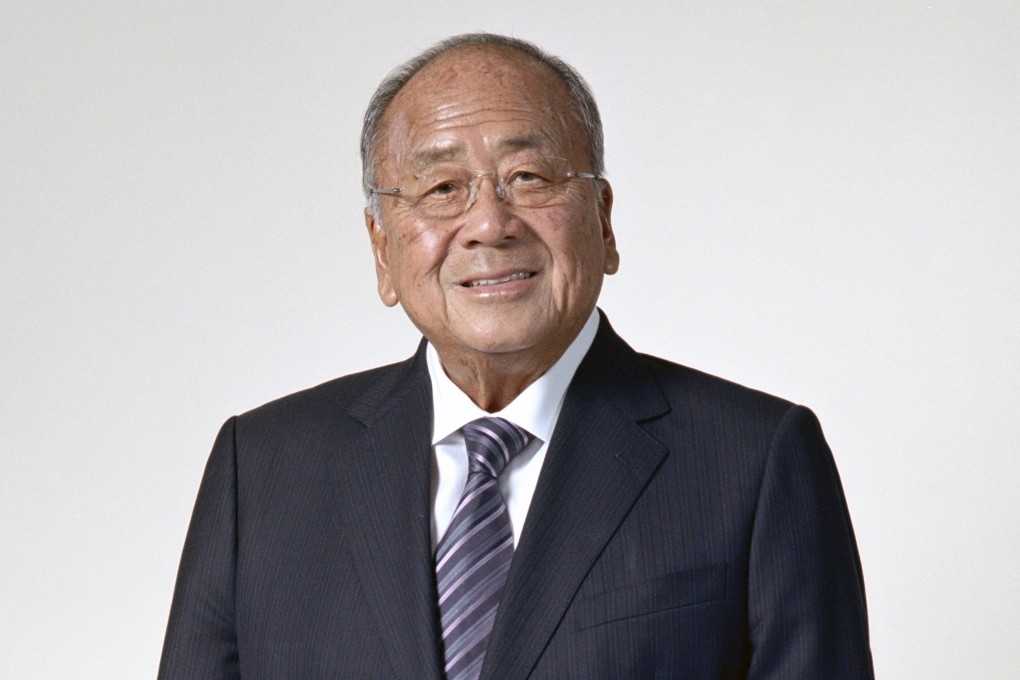Advertisement
Lee Man-tat, head of Lee Kum Kee sauce empire, dies at 91
- Lee Man-tat was ranked third on the Forbes list of Hong Kong’s richest tycoons in 2019
- Tycoon was honoured with DHL-SCMP Hong Kong Business Awards’ Lifetime Achievement Award in 2018
Reading Time:2 minutes
Why you can trust SCMP

Oyster sauce tycoon Lee Man-tat, chairman of Lee Kum Kee Group, has died. He was 91.
The company said in a statement that Lee died on Monday, surrounded by family members.
“Mr. Lee was an inspirational leader with a unique and forward-looking vision. He constantly brought new insight and momentum to the group and successfully transformed Lee Kum Kee into a world-renowned sauce and condiment brand,” the statement added.
Advertisement
Lee, whose wealth propelled him to as high as third on the Forbes list of Hong Kong’s richest tycoons in 2019, was born in Macau. However, his family hailed from Xinhui in Jiangmen, Guangdong province.
The tycoon was honoured with DHL-SCMP Hong Kong Business Awards’ Lifetime Achievement Award in 2018.
Advertisement
Advertisement
Select Voice
Select Speed
1.00x